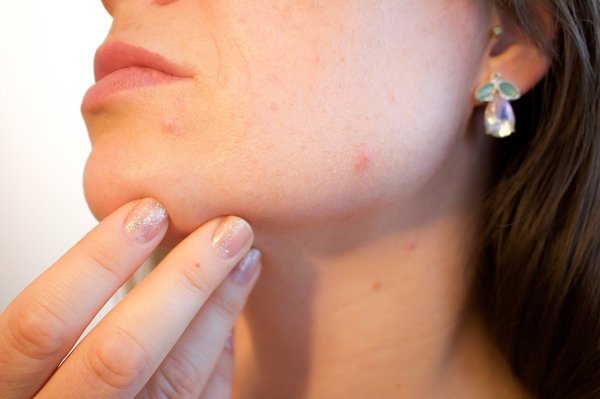Following a Mediterranean diet and taking an over-the-counter supplement can help reduce acne and improve quality of life, a new study shows.
The research, published Wednesday in the Journal of Cosmetic Dermatology, included 60 patients with mild to moderate acne who took omega-3 fatty acids and followed a diet rich in vegetables, fruit, whole grains and beans over a 16-week period.
MORE: To save their young children's vision – and lives – a Tennessee couple quit their jobs and headed to Philly
At the beginning of the study, 98% of the participants had omega-3 fatty acid deficits. Those who reached increased, "target" levels of omega-3 fatty acids by following the diet and taking supplements experienced their acne "significantly" decreasing. Overall, participants saw reductions in inflammatory and non-inflammatory skin lesions.
An abundance of over-the-counter medications are commonly used to treat acne, including lotions, gels, foams and towelettes. Some clear acne by killing bacteria. Others remove excess oil from the skin or expediting the growth of new skin cells.
Stronger medications may be prescribed when nonprescription methods fail to work. In these cases, topical medications often are combined with pills, according to the Mayo Clinic. The treatment regimen is depends on several factors, including age, the type of acne and its severity.
"Lifestyle interventions, including dietary recommendations, should not be considered in opposition to prescription medications, but rather as a valuable adjunct to any modern acne treatment plan," said study author Dr. Anne Guertler, of the Ludwig Maximilian University of Munich in Germany.
Previous studies had indicated the potential benefits of omega-3 fatty acids for reducing acne, but the data was inconclusive, the researchers wrote.
Future studies should investigate the possibilities of using omega-3 fatty acids "as an adjunct to any acne treatment plan," the researchers wrote.


